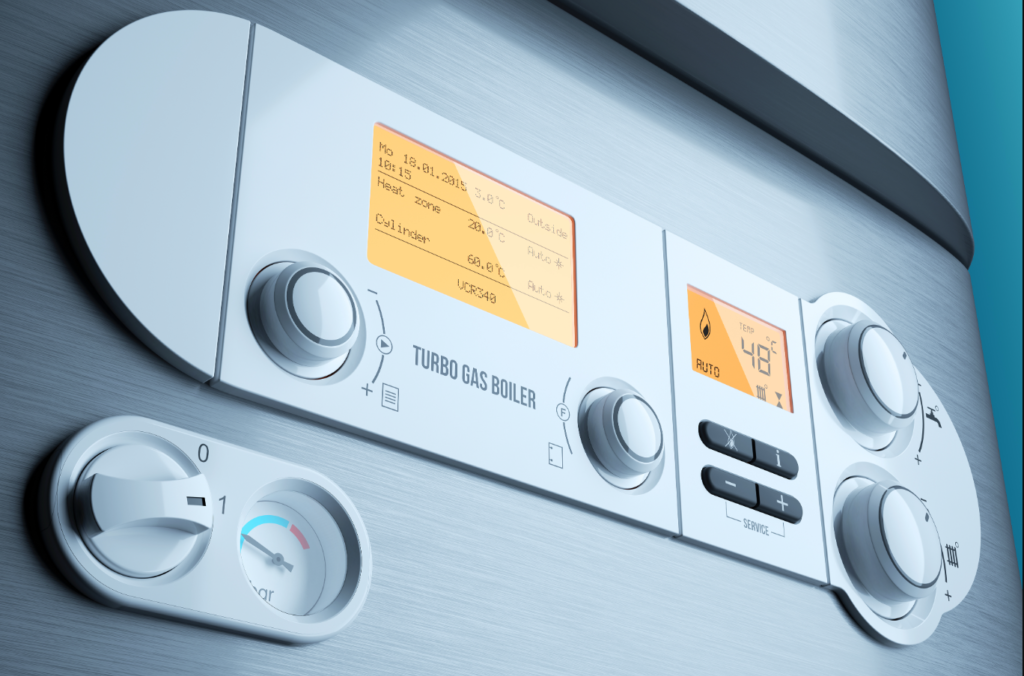The strategic positioning of Dubai at the intersection point of global trade has transformed it into one of the most significant seaports of the world. Central to this success is the presence of Trakhees, the regulatory body of the Dubai maritime industry. Knowledge of Trakhees Regulations will be necessary for any party that operates in the maritime operations, shipping, or port activity in Dubai. This is a complete article that will take you through all things that should be known about these important guidelines that maintain the waters of Dubai safe, secure, and efficient.
1.Understanding Trakhees: The Maritime Authority You Need to Know
Trakhees (formally called the Ports, Customs and Free Zone Corporation) is the major marine regulatory organization in Dubai. This organization, created to control all the activities involving the sea under the jurisdiction of Dubai, is particularly important in ensuring that the emirate remains a leading shipping hub in the world. Trakhees is both regulatory and operating excellence, which is pursued by ensuring that all maritime activities and business adhere to international standards, thus encouraging economic development. The authority takes care of all tracking activities, like vessel accreditation, all the way to the operations of ports, and it develops a type of uniformity in the governance of the marine industry.
2.The Foundation: Core Principles Behind Trakhees Regulations
The regulatory provisions as laid down by Trakhees have been based on some core principles that aim at developing a secure, effective, and competitive Seaway environment. The first issue is the concern of safety, as the regulations necessitate that all operations and vessels comply with stringent safety standards to safeguard human life and the marine environment. The other pillar is environmental protection, whereby regulations are aimed at sustaining the clean waters and the marine environment of Dubai. Most of the regulations are motivated by economic efficiencies, which quicken the processes to cut bureaucratic red tape without losing the required checks. International compliance also makes sure that the Dubai maritime industry is compliant with the world standards, so that the foreign vessels can more easily sail in Dubai waters.
3.Getting Started: Essential Requirements for Maritime Operations
The thing is that prior to initiating any maritime operation in Dubai, it is essential to be aware of the basic requirements to enjoy a good run in operations. All ships navigating the Dubai water should have genuine international containers, possession of safety, office, and environmental conformity documentation. Those who wish to operate must be registered by Trakhees and give the necessary permits depending on the operations desired, and whether cargo handling, commercial passenger transport, or specialized services, considering marine services. The insurance is highly obligatory, and its operators should have detailed cover that fulfills Trakhees criteria. The documentation should be updated and easily accessible in order to be checked by the authorities that provide frequent inspections and checks. Foreign operators require local appointment of agents; hence, in every country, they have at least one local agent to act as the point of contact regarding regulatory issues.
4.Vessel Registration: Your Gateway to Dubai Waters
Comparison of the Trakhees vessel registration process is 3 to 4 steps of any maritime operation within Dubai. The register requirements also depend on the type of vessel, its size, and the purpose to be used, with commercial ships having higher requirements than personal vessels. The documentation should ensure it contains evidence of ownership, technical requirements, and a safety certificate and insurance cover-ups which should meet the standards of Dubai. These steps include application by providing elaborate vessel information, paying some specified fees, and inspection to ascertain its adherence to safety and environmental requirements. The foreign-flagged vessels might require more documentation to show that they are in compliance with their flag requirements.
5.Safety First: Navigating Safety Standards and Protocols
Safety rules are the foundation block of the Trakhees regulatory measures, in that the authority is willing to safeguard lives and property in the Dubai waters. All ships are supposed to have up-to-date safety certificates given to them by the acknowledged classification societies, and a regular inspection program will ensure adherence to this requirement. Crew certification requires all crew to have the right qualifications in their occupation, and those working in Dubai waters require certain training in working there. Procedures in emergency response have to be properly stipulated and should be practiced frequently, and the vessels should have emergency equipment well-maintained. The systems of communication should respond to the international standards, which imply that the vessels should have the ability to stay in touch with the port authorities and emergency services at any time.
6.Environmental Protection: Keeping Dubai Waters Clean
Environmental policies put in place by Trakhees show that Dubai is also ensuring its marine environment is safeguarded and can be enjoyed in future generations as well. The waste management requirements do not allow the release of pollutants in the Dubai waters, and vessels must dispose of wastes in custom-approved shore facilities. Ballast water management as a practice is in tandem with global conventions, which do not expose local marine environments to invasive species that will ultimately harm the marine ecosystem. Quality of fuels guarantees the use of acceptable fuels by the vessels in a manner that will not alleviate high levels of environmental implication but at a low level of operational efficiency.
7.Port Operations: Understanding Facility Access and Usage
Using port facilities in Dubai requires particular operational rules that will regulate daily operations. There are defined channels of allocation of the berths, and operators are supposed to reserve facilities and keep to the schedules one or another in advance. Cargo handling activities have to be handled within safety procedures that aim to safeguard the workers and ensure no damage to goods and infrastructure. Security procedures demand that any staff member should be tested in terms of his or her background and given recognized access facilities prior to gaining access to restricted port regions.
Conclusion
Learning and adhering to Trakhees policies is an exercise of primary importance in making it in the maritime industry of Dubai. These holistic policies provide a platform that will balance safety, ecology, and economic feasibility, meaning that Dubai would be an appealing location to conduct maritime affairs without compromising on quality. Understanding Trakhees demarcation services dubai is crucial for stakeholders operating in this sector. To succeed, it is necessary to remain abreast of regulatory attention, process appropriate documentation, and have a solid compliance regime.



